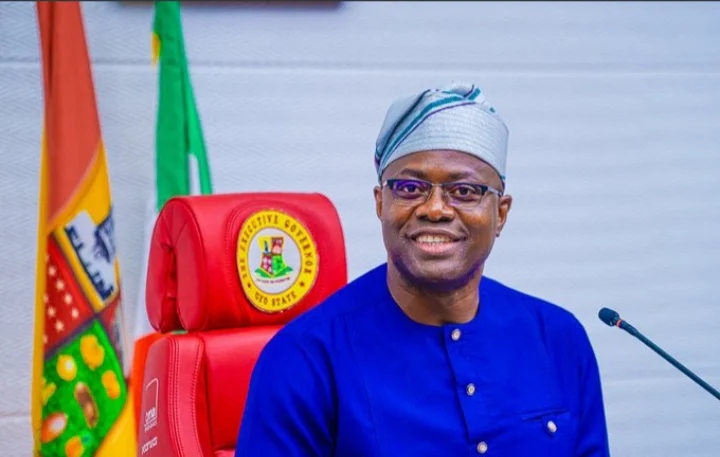Aides of Very Important Persons (VIPs) and politicians without business traveling will no longer be allowed to enter the airports when domestic flights would resume, Aviation minister Hadi Sirika said on Thursday.
Sirika spoke at an interactive session with members of the Senate Committee on Aviation while responding to questions on protocols put in place to stop further spread of COVID-19 pandemic.
The minister said: “We have circulated this information and Mr. President has approved it.
“All those who have no business traveling will certainly have no business to enter the airport. They will not enter the airport, not at all.
“So, anybody coming into the airport this time around as a personality, a minister or even our honourable members, distinguished senators, will not be carrying their aides into the airports any longer.
“We will provide for all their security for the VIPs and the VIP will get in and travel.
“So the VIPs should help us and take responsibility and ensure that they don’t add to our problems in this country.”
Sirika said the Abuja and Lagos airports would resume domestic operations on July 8, as Kano, Port Harcourt, Owerri, and Maiduguri would resume on July 11, while other airports would resume on July 15.
The minister said the airport authorities were committed to ensuring the provision of necessary safety protocols of the COVID-19 Pandemic.
“There is nothing like rush hour. People have to stay safe before anything happens.
“So, I’m sure that as civil aviation, we are responsible to ensure that everybody remains safe.
“There should be no fear, no panic, the industry is highly regulated. It is one aviation and I’m sure that you have seen from what we have been doing lately.
“We have been following international conventions and practices.
“So, this will not be different, there is nothing to panic about, we will ensure physical distancing when required.”
If the social distancing protocol would result in the reduction of the boarding capacity of an aircraft in terms of the number of passengers, Sirika said: “No, we didn’t say so.
“Bear in mind that most of the flights are not always full. That is number one.
“Number two, I said to you that we are working with the airlines to come up with the protocols before we open. That will be unveiled to you in due course.”
He also assured the Senate committee members that there would not be an issue with the payment of worker’s salaries in the sector.
If the effect of COVID-19 will affect the price of ticketing, he noted that “Price is not in my hands.
“But like I said from what we have put in place, I do not think that anything significant will happen to affect the propensity to fly.”
On the safety of the aircraft for flight operations the Director-General, Nigerian Civil Aviation Authority (NCAA), Capt Nuhu Musa, said that immediately the airlines stopped flying NCAA gave them guidelines.
“What is called storage maintenance for them to comply with to ensure that their aircraft are properly stowed and in good condition when ready to fly.
“Despite the guidelines, we also check the aircraft before resuming operations.
“Our inspectors are going there to cross-check what the airlines have put in their checklist.
“We are, however, not taking them for what they said. We are physically verifying the true state of their aircraft.”
He said NCAA would not approve any airline or service provider to begin flight operations “until it fulfills and complies with every international guideline and protocols provided by the international civil aviation authority”.
Chairman of the Committee, Sen. Smart Adeyemi (APC-Kogi), said the interactive session was designed to find out steps being taken by the ministry and aviation authorities to ensure the safety of passengers as the airports reopened.
He also said the meeting was also meant to get details on the demands of aviation workers who had earlier complained of non-payment of their salary.

 BIG STORY3 days ago
BIG STORY3 days ago
 BIG STORY2 days ago
BIG STORY2 days ago
 BIG STORY3 days ago
BIG STORY3 days ago
 BIG STORY5 days ago
BIG STORY5 days ago
 BIG STORY3 days ago
BIG STORY3 days ago
 BIG STORY2 days ago
BIG STORY2 days ago
 BIG STORY2 days ago
BIG STORY2 days ago
 BIG STORY2 days ago
BIG STORY2 days ago
























